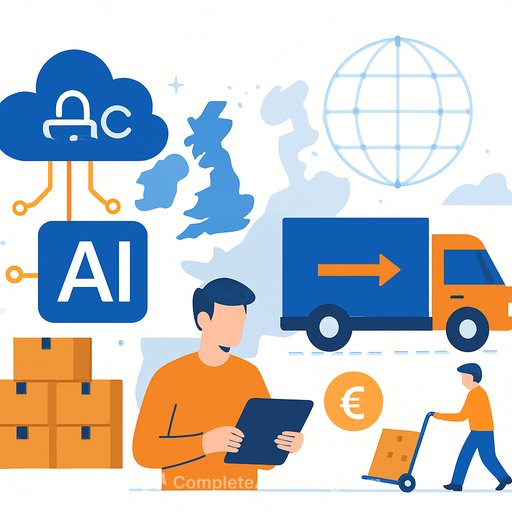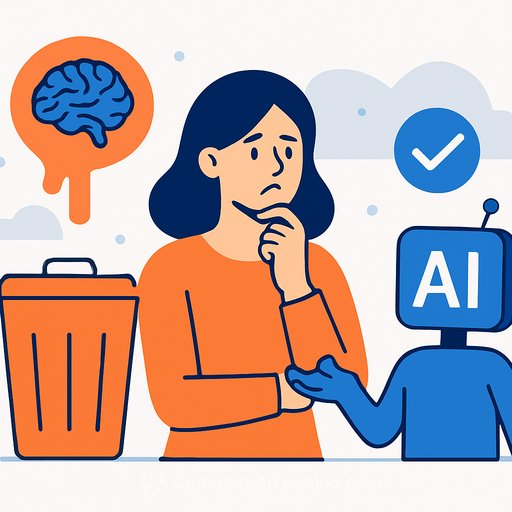Why AI Emails Can Quietly Destroy Trust at Work
AI tools have become a common part of workplace communication. They help make emails more polished and professional, especially for managers. But a recent study of over 1,000 professionals reveals a hidden risk: heavy reliance on AI in emails can erode employee trust.
Employees generally accept small AI interventions like grammar fixes. However, when managers use AI extensively—especially for personal or motivational messages—employees grow skeptical. This gap in perception can make employees question a manager’s sincerity, integrity, and leadership ability.
The Perception Gap Between Managers and Employees
Researchers studying AI-assisted writing found a tension between how message quality and sender’s trustworthiness are perceived. While AI makes writing appear more professional, overusing it for meaningful communication can backfire.
Employees tend to view their own use of AI leniently, regardless of the level of assistance. But when they see supervisors relying heavily on AI, their trust drops significantly. This “perception gap” means that professionalism alone isn’t enough to maintain trust if the message feels less authentic.
Levels of AI Assistance Matter
- Low-level AI help like grammar and minor edits is generally accepted and even appreciated.
- Medium to high-level AI assistance—such as drafting motivational or congratulatory messages—often triggers doubts about the sender’s authenticity.
Only 40% to 52% of employees viewed supervisors as sincere when high AI assistance was detected, compared to 83% when AI use was low. Similarly, professionalism ratings dropped from 95% for low-AI messages to 69-73% with heavy AI reliance.
Why This Matters for Managers
Employees can often tell when AI is involved and may interpret heavy use as laziness or a lack of genuine care. When motivation, praise, or personal feedback comes across as AI-generated, it undermines the emotional connection and raises doubts about leadership qualities.
This affects key aspects of trust, such as perceived ability and integrity—both critical for effective supervision.
Practical Advice for Using AI in Workplace Communication
- Match AI use to the message type: Use AI for routine, informational emails like meeting reminders or factual updates.
- Limit AI intervention in relationship-driven messages: Keep personal, motivational, or congratulatory messages mostly human-written to preserve sincerity.
- Be transparent and authentic: When appropriate, acknowledge AI assistance to help manage expectations.
Managers who balance AI efficiency with genuine communication can maintain trust while benefiting from technology’s support. For those looking to sharpen their skills in AI tools and communication, exploring targeted courses can be a valuable step. Check out relevant AI courses to stay informed and effective.
Your membership also unlocks:










